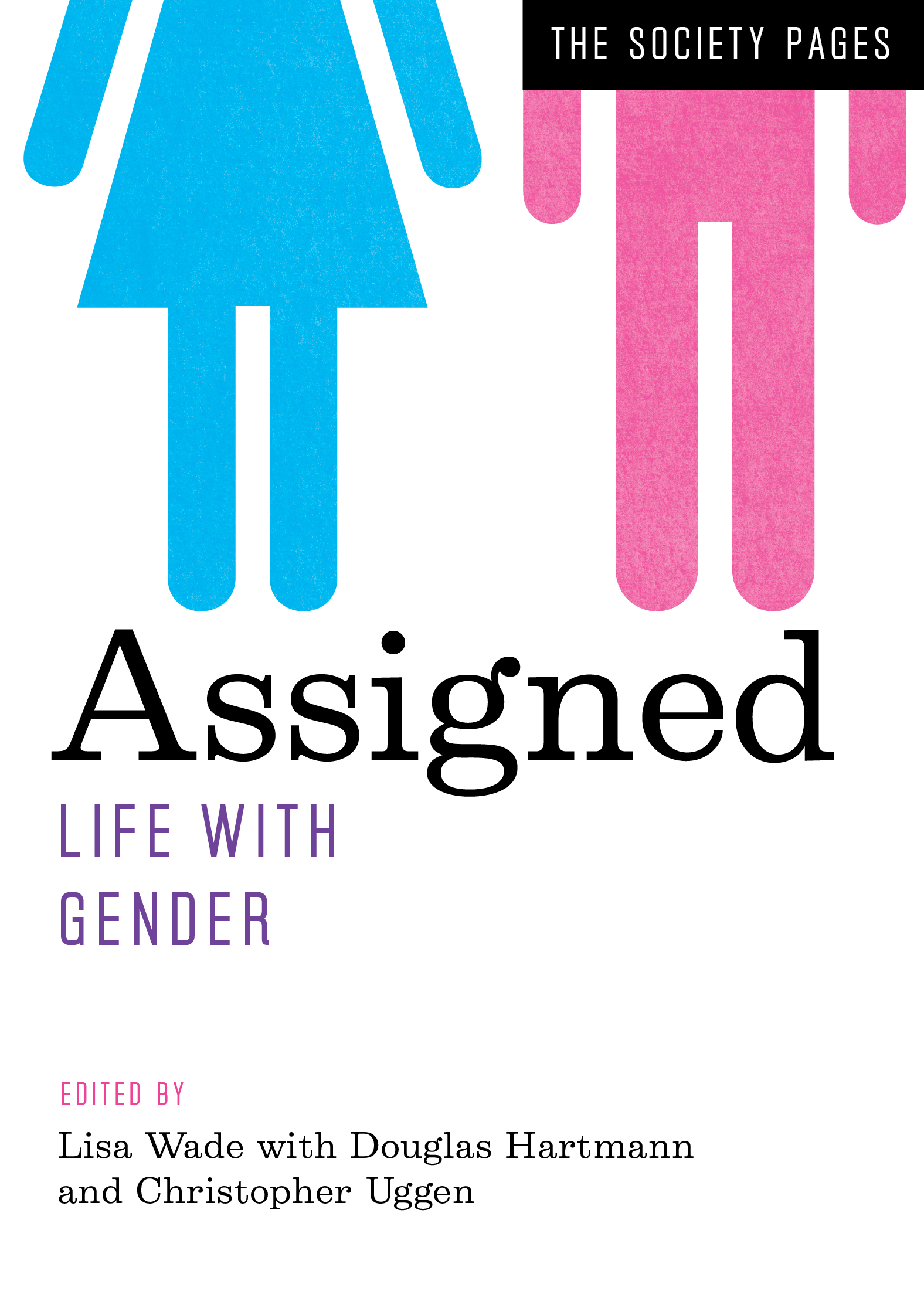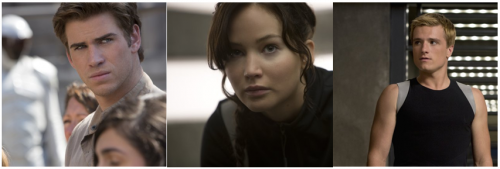
Originally Posted at Marx in Drag
I have been interested in and reading about the creators of the comic book super hero Wonder Woman for a few years now. My interest began in 2014.
I was half-heartedly listening to Fresh Air with Terry Gross, and Gross was interviewing historian Jill LePore, the author of The Secret History of Wonder Woman. At the time, I hadn’t read LePore’s book or the Wonder Woman comics, and so I was mildly but not wildly interested in their conversation. When Gross asked LePore to talk about William Marston’s family life, LePore began to describe the relationship between Marston, Elizabeth Holloway, Marston’s wife, and Olive Byrne, the woman who lived with them and was, in Terry Gross’s words, Marston’s “mistress.”
Holy shit!, I said to myself. These people were polyamorous! Of course, I knew that they couldn’t have seen themselves as “polyamorous” in the contemporary sense of the word, for the word would not be invented for another fifty years or so after Marston and Holloway invited Byrne into their relationship. However, it sounded to me like they were doing something akin to a poly relationship—as in they had chosen to forge an intimate relationship that included more than two people, and they had built a life together.
In a word, I was hailed. I felt a sense of connection to Holloway, Byrne, and Marston—dare I say queer kinship. I am poly and so were these people from almost a century ago. These are my people! And here were Terri Gross and Jill Lepore talking about it on the usually rather conventional National Public Radio. This doesn’t happen often, so I stopped what I was doing and turned up my radio.
After LePore described the relationship between Holloway, Byrne, and Marston, Terri Gross said, “That’s just so bizarre.” And LePore agreed, “Yeah. It’s so bizarre…hilariously bizarre.”
My bubble burst. Instead of being hailed, I felt slapped in the face. I don’t know what Gross’s or LePore’s relationship history looks like, but they certainly sounded like monogamists looking in at us poly freaks from the outside, and they were calling us bizarre and laughing at us. A much too common experience.
That is why Angela Robinson’s film, Professor Marston and The Wonder Woman, is the real breath of Fresh Air.
I’ll be honest, I went to this film with some trepidation. I wanted to believe I wouldn’t be mocked or depicted as a bizarre spectacle given Angela Robinson’s resume, but polyamory? Between a man and two women? With kink? It would be very easy for Robinson to spill this very tall order.
I was worried that it wouldn’t do justice to just how unconventional the Marstons were. I was concerned it would perpetuate stereotypes about polygamy–dominant, selfish, and exploitive yet lucky (wink wink) men have multiple and suffering wives. I read LePore’s book, and as I write in my forthcoming book, The Poly Gaze, she often interprets the Marston family through this lens. I also didn’t want to see yet another film about a man with a wife and mistress and the bitter, catty, and destructive rivalry between the women.
Though understandable given the lack of feminist and/or queer representations of threesomes or poly triads in mainstream media, my fears and worries turned out to be completely unfounded. Rather than make a spectacle out of the perverts or freaks, Robinson adeptly turns the tables and asks the viewer to question their own assumptions about what is normal. It renders polyamory possible and highlights the dire social sanctions that often come with not living within the boundaries of monogamy. The film also offers a truly rare representation of sexual threesomes as a loving and sexy way to forge intimate bonds, and presents BDSM as a component of healthy relationships rather than a result of psycho-pathology or sexual trauma (think Fifty Shades of Gray).
All of this is rather groundbreaking, and I was, quite literally, in tears as I watched. Tears of joy and relief for being hailed as polyamorous, an enthusiastic participant in threesomes, and a dabbler in kink and not getting slapped in the face with mocking laughter or the pointing fingers of shame.
But these things were not, for me personally, the most unique and striking aspect of this film—though, to be perfectly clear, I do not want to diminish just how significant this film is in its bravery and beauty around polyamory, bisexuality, and kink. The most astonishingly wonderful thing about Angela Robinson’s film version of this story, as seen from my theatre seat, was being hailed as a feminist. Gazing at Elizabeth and Olive admire, fall in love with, and express desire for each other as lovers, not rivals. And even more significant was to witness them consciously and deliberatively (not deliberately, though that works too) choose to forge an unconventional and poly life together with Marston.
Unlike narratives about polygamy where women are passive objects of men’s brutality or desire, this film shows Elizabeth and Olive actively creating a life together and with a man who is an equal partner. Refusing to reproduce tropes about women’s competition with each other for the attention of a man, Angela Robinson situates the women’s admiration and desire for each other at the center of the story. Both women are brilliant feminists. And both women are, as Olive says about Elizabeth, ‘magnificent” and desirous of an unconventional life.
In other words, Angela Robinson has succeeded in transforming a story about a man with a wife and a mistress (as told by Gross and LePore) into two women and a man who bravely forge an unconventional, poly and feminist life.
Whether or not it is an accurate portrayal of the lived experience of Holloway, Byrne, and Marston is impossible to know, and to be perfectly frank, completely uninteresting to me. I am interested in the stories we tell—as historians and as filmmakers and what those stories say about people who live unconventional lives.
I cherish the story told in this film by Angela Robinson because of what it says about those of us who live unconventional, poly lives. Yes, we are freaks, but only in the eyes of those who live conventional lives and want everyone else to follow the rules. Yes, we are sometimes ridiculed and shunned, and yet, because of it, we are brave, strong, and resilient. And some of us, like Elizabeth Holloway, Olive Byrne, and William Marston, and the character Wonder Woman, for that matter, are capable of changing the world. Thank you, Angela Robinson, for telling this part of the story.
Mimi Schippers is an Associate Professor of Sociology and Gender and Sexuality Studies at Tulane University. She is the author of Beyond Monogamy: Polamory and the Future of Polyqueer Sexualities (New York University Press, 2016) and Rockin’ Out of the Box: Gender Maneuvering in Alternative Hard Rock (Rutgers University Press, 2002).


